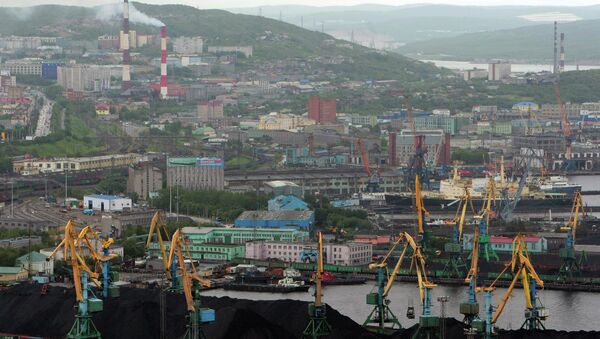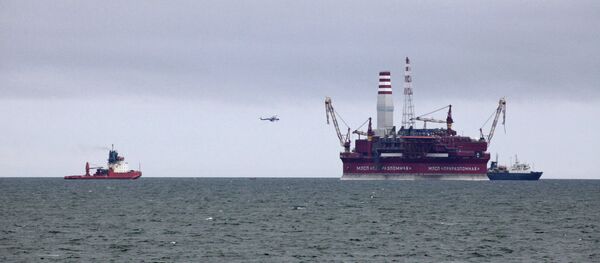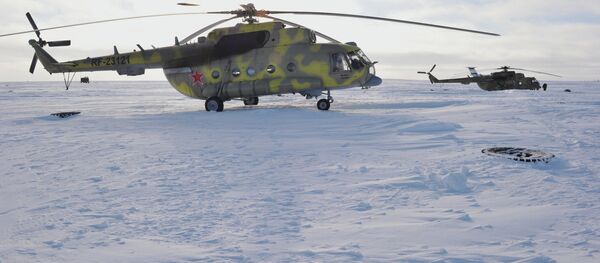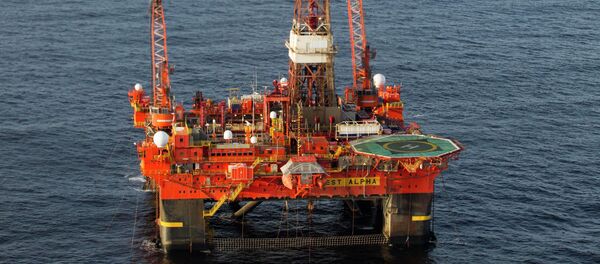"In 2013, the capacity of the ports in the Arctic Basin was estimated at 72 million tons per year, while the actual turnover consisted of only 46 million tons; that is, only 60 percent of the ports' existing capacity was in use," Antonov noted. He added that "today we are seeing changes in the structure of cargo turnover," including "an increase in the transshipment of dry cargo. The bringing in of materials for the construction of the Sabetta port in Yamal made a significant contribution to these figures."
Citing the policy document "Strategy for the Development of Port Facilities up to 2030," Antonov stated that the growth in demand for liquid cargo by the end of this period "is expected to reach 133 million tons." Furthermore, "a lot of interest has been raised in the development of those ports which earlier did not see investment. Today there are projects aimed at reviving these ports. Simply via the revival and modernization of existing port capacity and the construction of new facilities, Arctic port capacity will increase from the present 72 million tons to 115 million tons. This will be possible if development proceeds along a conservative energy and raw materials development scenario."
Antonov's comments, made in December before the Fourth International Forum 'The Arctic: Present and Future', were published Tuesday by Russian maritime news service Morvesti.ru.






